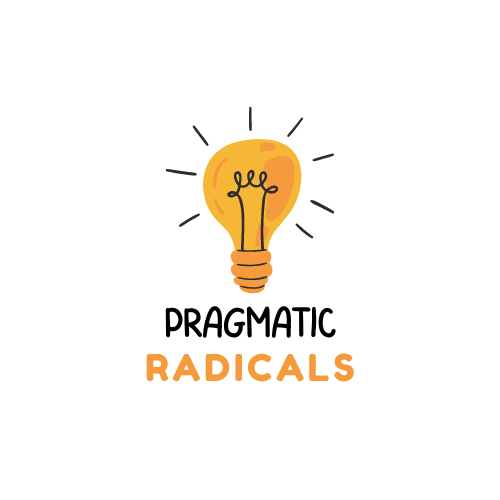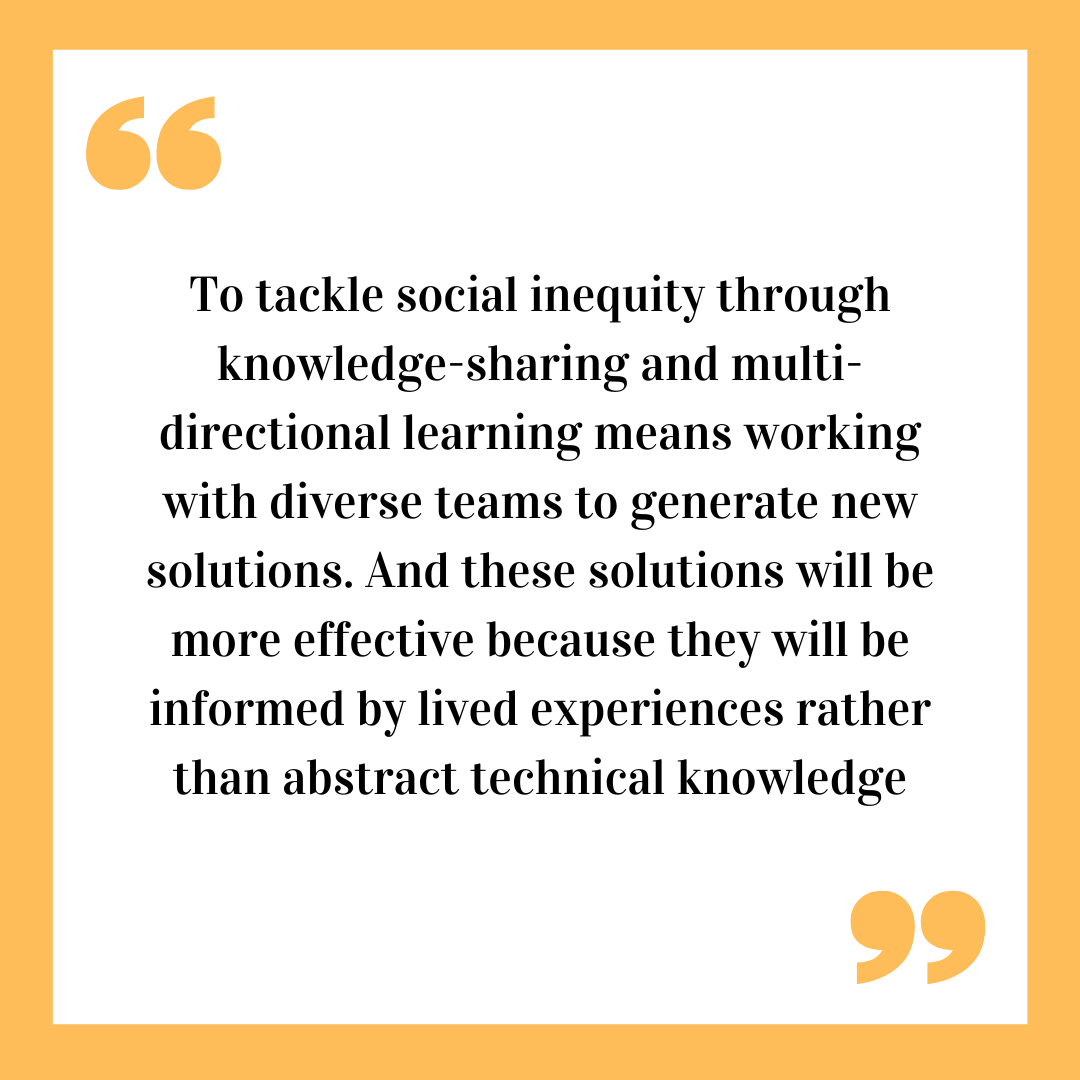This blog, written in August 2022 for BOND, discusses the practical implementation of decolonised approaches to ‘capacity building’ through multi-directional learning. This is an approach we pioneered at Primary Care International as part of a wider project to globalise its community and recognise the centrality of lived experience to the process of learning.
Amid the talk of decolonising “international development”, there has been a discernible scrabble to change our language.
This is a useful step. But it’s meaningless if not accompanied by radical changes to our practices. I have seen organisations (including my own) struggle for an alternative to the phrase “capacity building”. But let’s not reinvent language for the sake of it. Instead, let’s look at what lies behind this term.
If you are in the business of transferring knowledge from the so-called Global North to the so-called Global South in expert-recipient mode, or teacher-student mode, you are explicitly valuing certain modes of operating and knowledge over others. This perpetuates and reinforces colonial legacies because it elevates Global North expertise while undermining or ignoring expertise from elsewhere.
But it doesn’t have to be like this. If instead, you act in solidarity across our polarised planet to tackle social inequity through knowledge sharing and multi-directional learning, you will work with diverse, dispersed teams to generate new solutions. And these solutions will be more effective because they will be informed by lived experiences from the ecosystems we support, rather than abstract technical knowledge. Co-creation is a term bandied around too freely now, but when it genuinely happens on equal terms, founded in mutual respect, and without a pre-determined outcome in mind, it is powerful and transformative.
Both of these approaches above could be described as “capacity building”. But only one of them acknowledges the value that all participants in the process bring to the table.
The power of peers
In my time leading Primary Care International (PCI) I have learned a huge amount about how we can all play a part in creating the space for multi-directional learning to happen. I have seen this most clearly through the development of the PCI Academy –an interactive, blended learning hub for primary healthcare workers.
One of our flagship programmes, which we’ve run in partnership with the UNHCR for the past seven years, seeks to improve the quality of chronic disease care for people living in refugee settings. Through this programme, we’ve developed a co-facilitation learning model, whereby programme “alumni”take on leadership roles in PCI facilitation teams. Who knows the challenges of delivering quality primary healthcare in refugee settings better than those who have been doing exactly that for a number of years already? Who is more relatable and able to inspire change than someone who has navigated the same systems as our learners every day? After seeing learners tangibly increase their engagement when a peer facilitator plays an active role in the team, we are now developing pathways to enable more people to move into cohort facilitator roles.
Letting experience lead
As an organisation, one of the most powerful ways we can test our usefulness and value is to flip the business model completely. We are not a charity that gives grants to partners (with all the power dynamics therein) but a social enterprise. We deliver paid-for services and our partners not only choose to work with us, but also pay to do so.
I recognise that many of the healthcare workers we engage with did not directly choose to work with PCI, rather their employers did, and some of these employers are large agencies headquartered in the UK and Europe. So it’s not the perfect litmus test. But the feedback we get from those we work with – from frontline workers through to managers and policy-makers – consistently highlights that we listen. By taking participants’ own experiences as a starting point for generating solutions together, we are able to realise practical, meaningful change.
The future of learning
It is PCI’s experience of developing social business models to disrupt the status quo in learning and development that I want to bring to Bond’s Futures Dialogue initiative, of which I am a part.
When I look at scenarios modelled by the School of International Futures Next Generation Champions, in which globalism and localism are at play in a more transparent and networked world, it is clear to see that INGOs will not survive in their current form if they aren’t radically rethinking both the “why” and “how” of their work – and what capacity building really means to them and their partners.
Redefining and realising equitable development partnerships means letting go of our power as we focus on brokering resource redistribution and championing new economic models and ways of organising. It’s encouraging to see Bond exploring these themes, and I’m hopeful we will start to see a sector shaped and influenced by new voices showing us how to be bolder, braver and more radical in our calls to action.
This blog was originally published by BOND Is it time to radically rethink “capacity building”? | Bond

